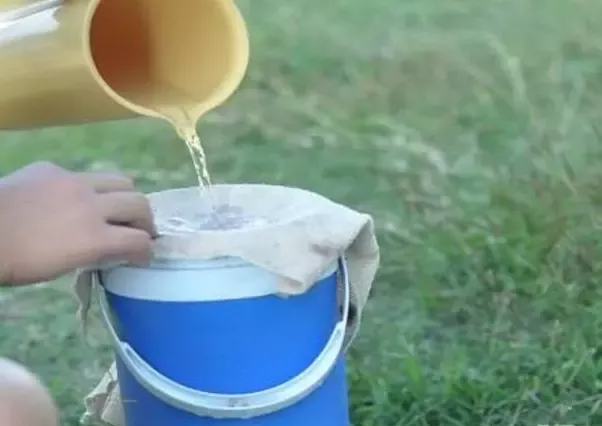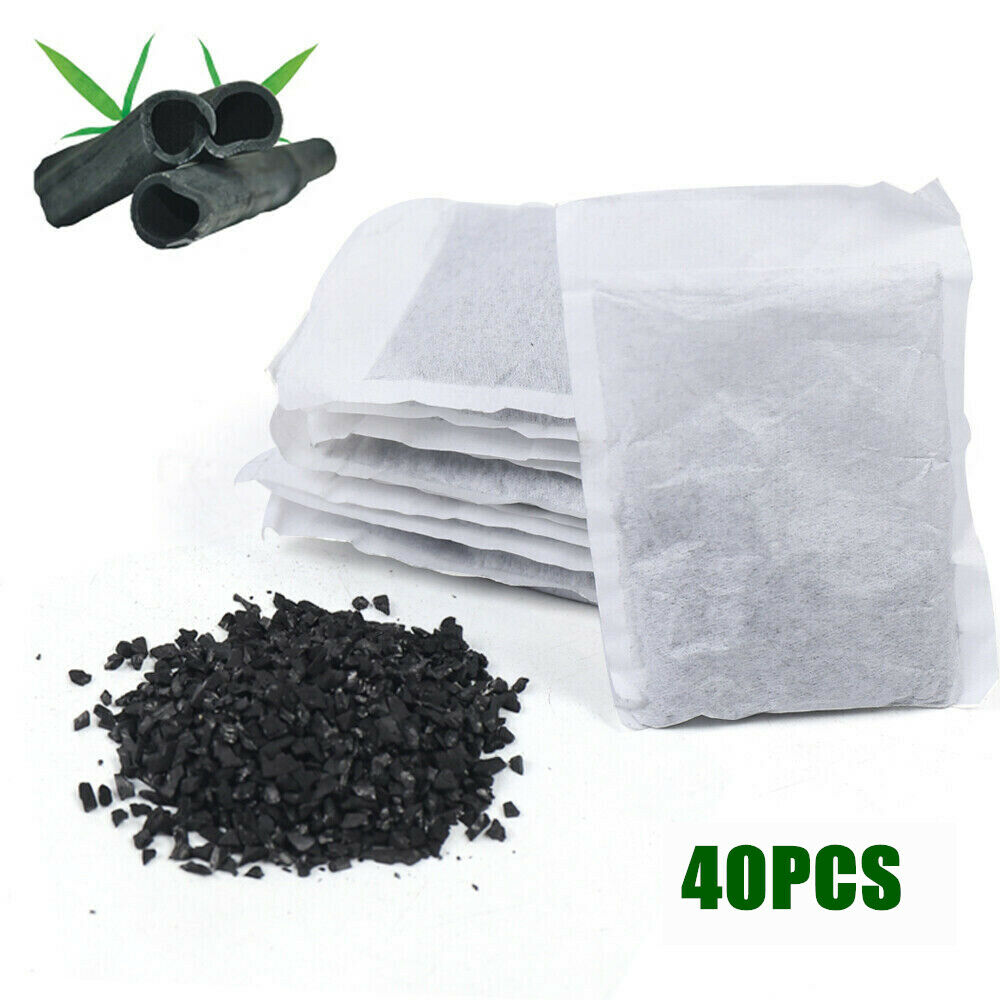Great Awesome Deals! Fast Shipping Across Australia!
Menu
-
-
Water Coolers
-
Water Filters & Purifiers
-
Water Filter System
-
Water Chiller
- Water Bottle
- Benchtop Water Purifier
- Water Distiller
- Replacement Water Filter Cartridges Guide
-
Locations
- Awesome Water Filters in Adelaide
- Awesome Water Filters in Darwin
- Awesome Water Filters in Hobart
- Awesome Water Filters in Brisbane
- Awesome Water Filters in Gold Coast
- Awesome Water Filters in Wollongong
- Awesome Water Filters in Sydney
- Awesome Water Filters in Melbourne
- Awesome Water Filters in Perth
- Awesome Water Filters in Canberra
-
- 1-800-789-781
- Login

Great Awesome Deals! Fast Shipping Across Australia!
How To Filter Large Amounts Of Water
July 06, 2021 2 min read

Drinking polluted water can have serious health risks. Diarrhea, typhoid, cholera, guinea worm disease, and dysentery are just a few of the most frequent waterborne diseases. They are particularly prevalent in rural places where water purifying systems are not as popular. So, knowing how to filter large amounts of water is essential.
Determining the level of precision required to purify water depends on how you will use it and how large the quantity may be. Typically, we must filter water for drinking. The process involves removing particle matter, heavy metals, and organic pollutants like germs and viruses.
HOW TO FILTER LARGE AMOUNTS OF WATER METHODS

There are different filtration methods you can use to filter large quantities of water. Look at some of our recommendations below:
Mechanical Filtration
Water using mechanical methods physically filter bacteria and other pollutants. Reverse osmosis is the most effective automatic filtration process. However, it produces a lot of wastewater. Other mechanical filters sift particles and microorganisms using porous sheets. In addition, you can also lay down a thick layer of sand to make it more effective. There may be larger impurities trapped in the sand as the water goes through. It doesn’t mean that biological contamination is no longer a problem.
Activated Carbon
You can improve the sand filters by adding carbon or activated carbon mechanical filter to assist heavy metals and biological pollutants. A sand filter with an activated carbon layer beneath the sand, for example, can help yield benefits in both materials. Granular activated carbon (GAC) is a typical component of household water purification filtration systems.
UV
In the sea, ultraviolet light kills all living things, including viruses. So, we recommend using mechanical filtration first, not because it removes particles. In-home aquariums, ultraviolet filters are available. A water pump circulates the water through the filter, killing organisms by projecting ultraviolet light into a tube. As a result, the water velocity through the filter will determine the brand of filter you should be using and the manufacturer’s instructions.
Cartridge Filters
The cartridge filter works by filtering fluid from the outside to the inside using a replaceable filter element that is generally cylindrical and lengthy concerning its diameter. It usually includes a cylindrical housing and a central open-structured core on which the filter media is put. To maximize the filtration area, the medium can be a thin flat sheet or, more frequently, a pleated sheet or a larger layer of connected granules or fibers for depth filtration applications. Cartridges are ideal to set universally agreed standard dimensions to be swapped out depending on the source.
FINAL THOUGHTS
In conclusion, how to filter large quantities of water doesn’t only depend on the filtration methods. In addition, you should also know what type of water you’re about to filter. You must also know what your filtration system filters because some are good at filtering and even filter the minerals and salts.
Talk to a professional if you’re still not sure what to do. Awesome Water Filters have different filtration systems suited for your various needs. Please browse through our shop to know how we can serve you clean and safe water in Australia.
Subscribe
Sign up to get the latest on sales, new releases and more …


